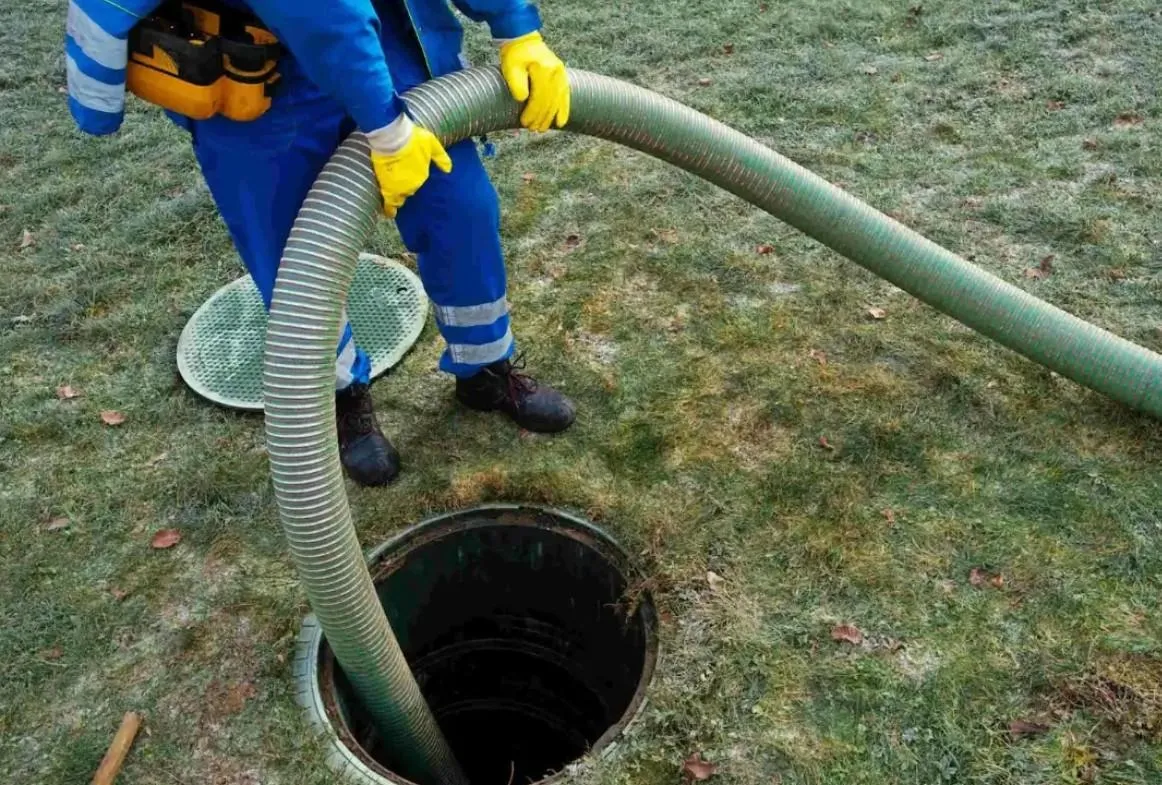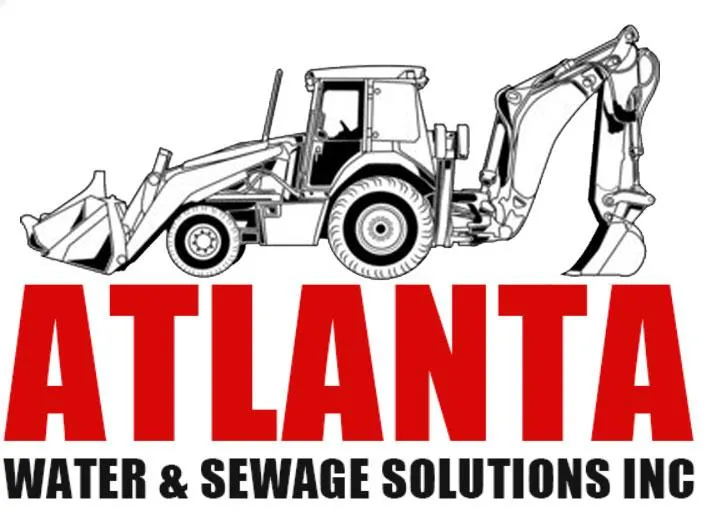
5 Common Septic Pumping Problems Near Atlanta in Fulton County: Backups, Odors, and Slow Drains
Why Septic Pumping Problems Are More Common Than You Think in Fulton County
If you're reading this, chances are you're dealing with one of three things:
A toilet that’s bubbling like a swamp,
A smell in the yard you can't ignore anymore, or
A drain that takes way too long to empty.
And let’s be honest—you probably didn’t plan for this. Septic systems aren’t exactly top of mind until something goes wrong. You're busy. You’ve got work, kids, groceries, bills, and now—this? A septic issue?
We get it.
At Atlanta Water & Sewage Solutions, Inc, we talk to folks all over Fulton County and surrounding areas every week who feel frustrated, worried, or just downright grossed out by their septic situation. And honestly? You’re not alone. These problems are more common than people think, especially around metro Atlanta where homes often have aging systems and wild weather shifts.
This article isn’t here to sell you something. It's here to show you what's really going on, what to watch out for, and what you can do next—without guessing or Googling at 2 a.m.
Let’s get into the top five septic pumping problems we see near Atlanta and Fulton County. And how to deal with them before they deal with you.
Problem #1: Backups in the House (When Everything Starts Coming Back Up)
Picture this: you flush the toilet… and instead of going down, it comes up. Or you notice that your kitchen sink is gurgling when someone showers upstairs. These are signs your septic tank might be full—or worse, that it’s been full for a while.
Why it happens:
When your tank gets overloaded with solids and sludge, there’s nowhere else for wastewater to go. So it starts reversing. Into your home.
And no, it’s not just the toilet you have to worry about—showers, sinks, and washing machines can all get involved in the party.
What it feels like:
A surprise. A gross, inconvenient, stressful surprise.
What to do:
Don’t wait. This isn’t the kind of thing that “goes away.” Call someone who can come check the tank level and get things moving again before it gets worse—and stinkier.
Problem #2: Nasty Odors in the Yard or Indoors
Smell something... funky when you walk outside? Does the bathroom still smell bad even after you’ve cleaned it twice?
That’s not your imagination—it’s your septic system trying to say, “Hey, I’m full!”
Why it happens:
A full or clogged tank can leak gas through your plumbing vents or into the soil around the drain field. And those gases? Yeah, they smell exactly like you’d think.
In warmer months (and let’s face it, Atlanta gets hot), this smell gets even stronger. So if your neighbor’s giving you side-eye across the fence, it might be time to schedule a pump-out.
What it feels like:
Embarrassing. Gross. Like maybe you shouldn’t invite people over for a barbecue this weekend.
What to do:
If you smell rotten eggs, sewage, or anything “off” near the tank or indoors, have someone check it. Odor is often the first warning before bigger damage happens.
Problem #3: Slow Drains That Just Won’t Speed Up
Do your sinks drain like molasses? Does your shower turn into a mini pond? This isn’t just about hair in the pipes. This could be your septic tank saying, “I’m full, I’m tired, and I can’t keep up.”
Why it happens:
When your tank’s too full or your drain field is struggling, the system slows down across the board. Instead of water moving freely out of your house, it gets clogged somewhere along the way.
What it feels like:
Annoying. You find yourself plunging more often, or avoiding using more than one drain at a time.
What to do:
Don’t just pour drain cleaner down every opening. That stuff can actually damage your septic bacteria. Have the tank pumped if it’s full, or the lines inspected to catch a clog early.
Problem #4: Wet or Spongy Spots in the Yard
Your lawn shouldn’t squish like a soaked sponge under your feet. If it does, and it hasn’t rained in a few days, your septic system could be leaking.
Why it happens:
When the tank overflows or the drain field is saturated, untreated wastewater starts rising to the surface. That means it’s not going where it should—and it’s definitely not safe.
What it feels like:
Weird. Worrisome. Like your yard suddenly turned into a swamp with a bad smell and too many bugs.
What to do:
Mark off the area so pets or kids don’t wander in it. Then call a pro. They’ll check the drain field, the tank level, and possibly the lines for cracks or clogs.
Problem #5: Tank Overflows (Even If You Think You’re on Schedule)
You may be thinking, “Wait—I just had this pumped a couple years ago.” And that might be true. But here’s the thing: the every-3-to-5-years rule doesn’t work for everyone.
Why it happens:
Tank size, household size, water use, garbage disposal habits—these all affect how fast your septic fills up. If you’ve had houseguests, added a bathroom, or do a lot of laundry, that 3-year estimate can get knocked down to 1.5 real fast.
We’ve pumped tanks in Fulton County that were overdue after only two years because of heavier use.
What it feels like:
Frustrating. Like you did your part, and it still went sideways.
What to do:
Treat pumping like you would an oil change—based on use, not just time. Ask your tech to keep a record of what they pull out so you can build a smart schedule that fits your home.
How We Help Homeowners in Fulton County Fix These Septic Headaches
At Atlanta Water & Sewage Solutions, Inc, we don’t show up with a “one size fits all” plan. Because the truth is, septic systems don’t work that way. We’re based out of Oxford, GA, but we spend most of our time helping homeowners across Fulton, Greene, Forsyth, Gwinnett, Walton, Hall, Clarke, and Barrow Counties get ahead of these problems.
We take the time to figure out what’s actually going on—whether it’s a pump-out, a clogged line, or a failing drain field. And we explain it in plain English, so you’re not stuck guessing.
We may not be a massive company, but that’s the point. We’re more focused on your yard, your drains, and your peace of mind—not rushing through jobs just to tick a box.
Tips to Avoid These Septic Problems in the First Place
A little prevention goes a long way when it comes to septic. Here are a few things you can do to keep problems off your plate:
Know your pump-out schedule. Ask your provider to recommend a custom plan based on your home.
Don’t flush “flushable” wipes. They’re not actually septic-friendly.
Limit kitchen grease. It hardens and clogs both plumbing and septic parts.
Stagger laundry loads. Too much water all at once can overwhelm the system.
Keep roots and heavy vehicles away from the tank area. Roots crack pipes, and weight crushes tanks.
When to Call in Help—and Why Sooner Is Always Better
Here’s the hard truth: septic problems don’t fix themselves. The longer you wait, the worse (and more expensive) things tend to get.
If you’ve noticed even one of the issues we listed above—slow drains, bad smells, water in the yard—it’s worth having someone come take a look. A basic pump-out or inspection now could save you thousands later.
Final Thoughts for Fulton County Homeowners Worried About Their Septic System
If you’re feeling overwhelmed, grossed out, or like your house is turning against you—you’re not alone. Septic systems are one of those things we don’t think about until they cause a headache. And when they do, they tend to move fast.
Our job at Atlanta Water & Sewage Solutions, Inc is to take the mystery (and the mess) out of the process. We’re not here to upsell you on things you don’t need—we’re here to get your system back on track so you can get back to normal.
Whether you're in Atlanta, Alpharetta, Lawrenceville, Monroe, Gainesville, Athens, or anywhere in between, we've got your back—and your tank.

